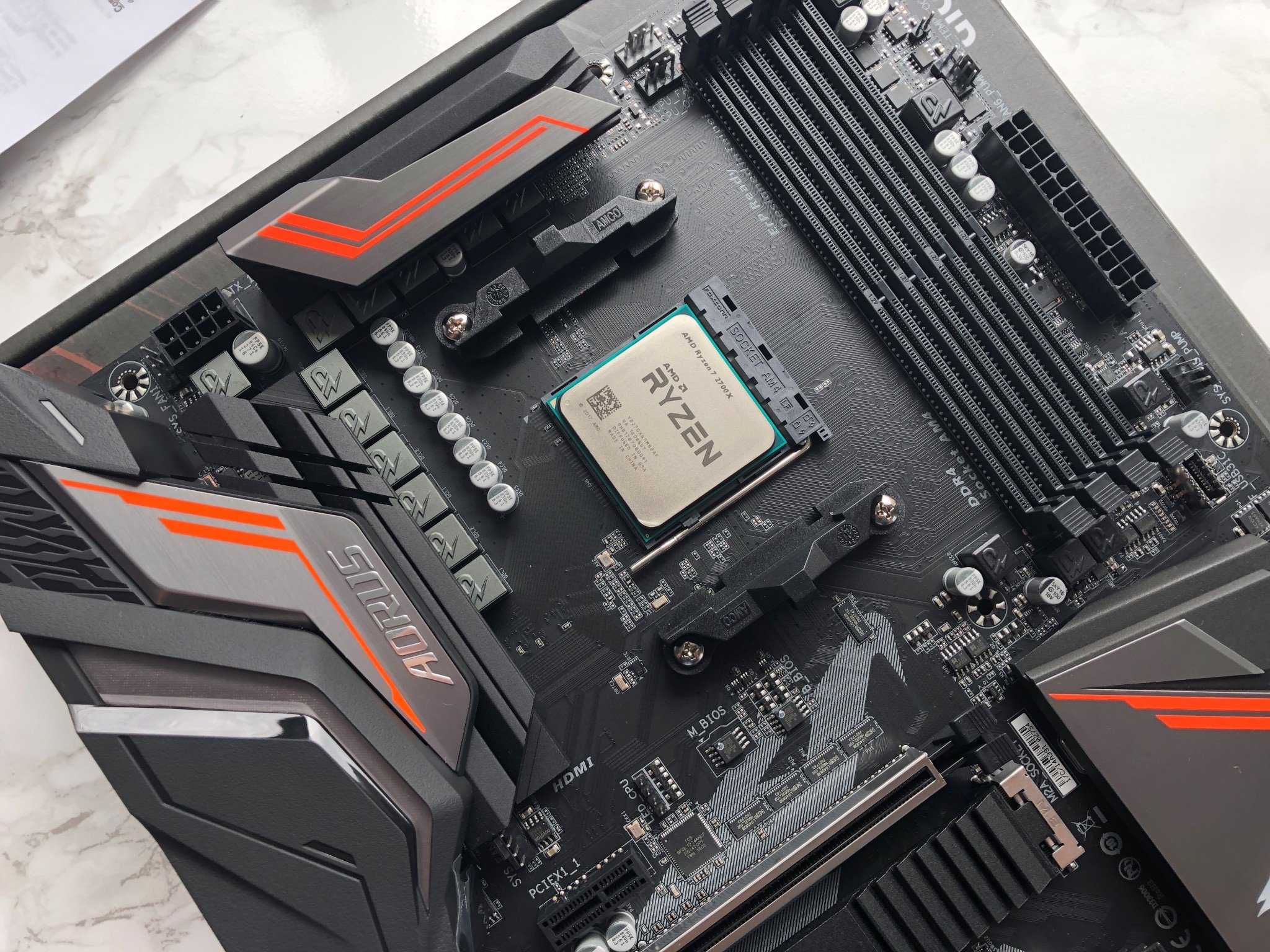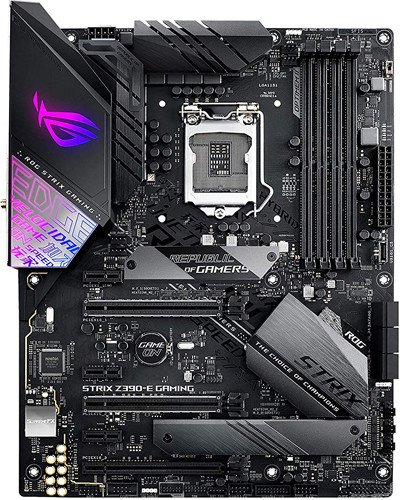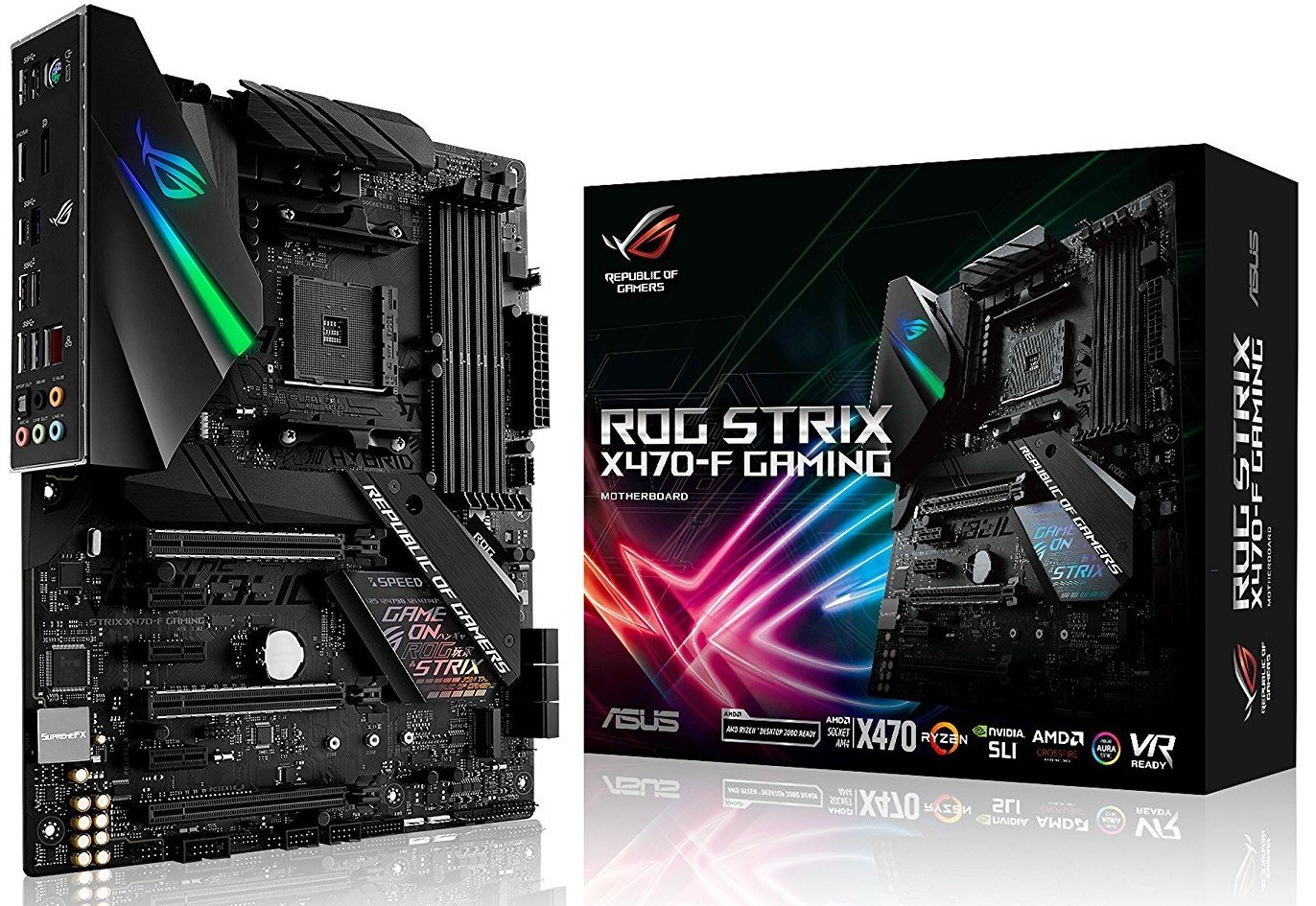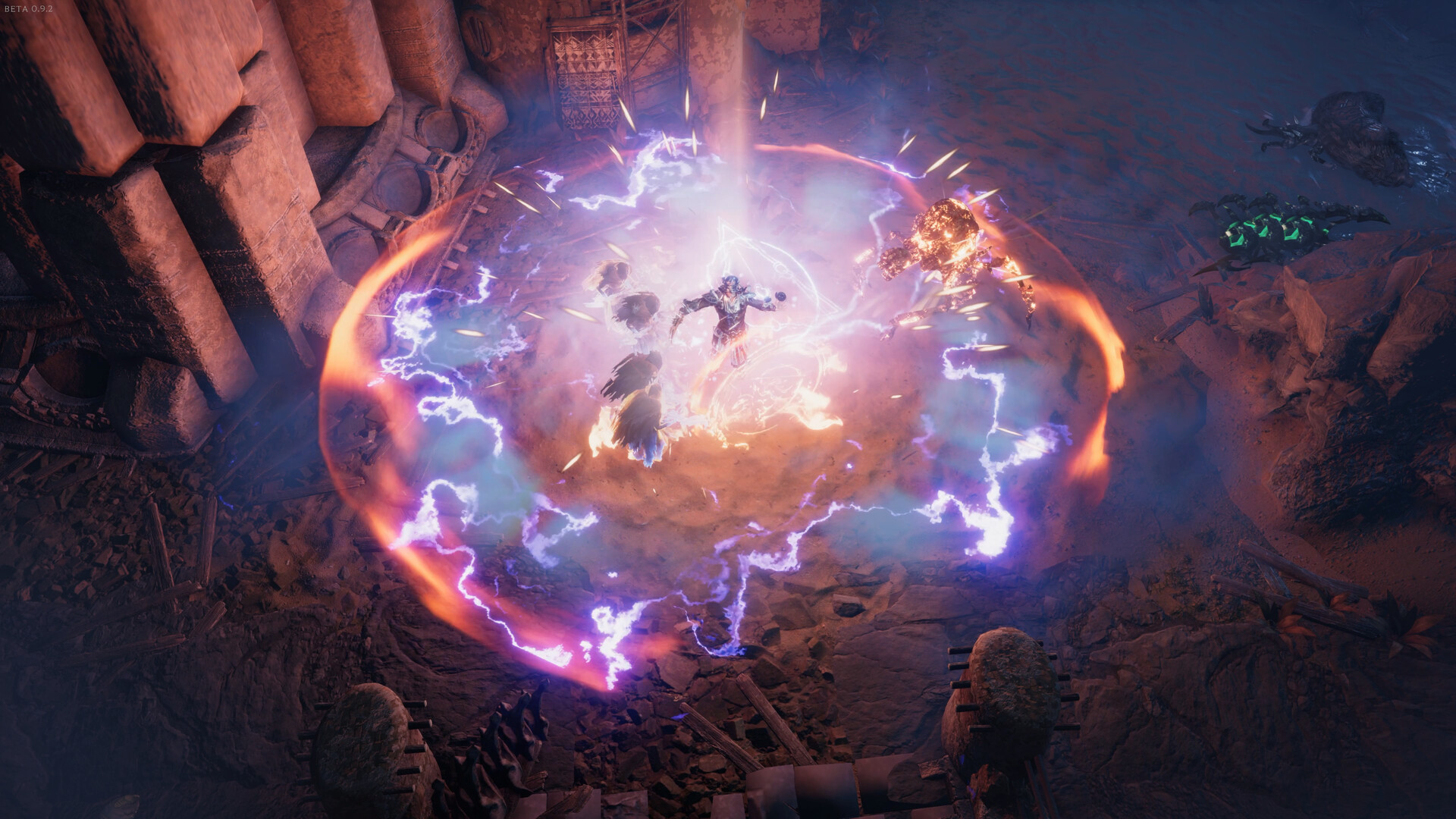Which motherboards are compatible with NVIDIA GeForce GTX 1660 Ti?

Which motherboards are compatible with NVIDIA GeForce GTX 1660 Ti?
It doesn't really matter which motherboard you choose
The GTX 1660Ti doesn't require any magic hardware to run, even though it's based on NVIDIA's new Turing architecture. Since the assumption is you're building a decent spec gaming PC, basically any motherboard you pick will be fine.
There's only one thing of note. The GTX 1660Ti will use a single PCIe 3.0 slot at x8 or x16 depending on your system (the longer slots if you're wondering). Even the tiny mATX motherboards will accept a GTX 1660 Ti and most pre-built gaming PCs from the last few years should be good to take one as an upgrade.
Pick one of the best motherboards for your build and your budget. Check the specs and features against other requirements you're looking for rather than the graphics card.
AMD or Intel is fine
It also doesn't matter whether you use an AMD or Intel motherboard when it comes to running a GTX 1660 Ti. If you were ever concerned about compatibility with AMD processor like the Ryzen 7 2700X, don't be.
We have some recommendations listed below, whether you have an Intel or AMD build. Of course, there are plenty of options out there, but the ASUS Strix Z390-E Gaming and the ROG Strix X470-F Gaming are both great choices and pack a balance between price and features.
If you're using an AMD processor in your build, it's important to remember that unless you have the APU variant (with Radeon Vega-integrated graphics), you'll always have to connect your monitor to one of the video outputs on your graphics card.
Check your power supply is big enough
With some of the best graphics cards comes a higher power requirement. The GTX 1660 Ti isn't particularly power hungry, but the power supply still needs to be big enough and it's more of a concern that your choice of motherboard.
Get the Windows Central Newsletter
All the latest news, reviews, and guides for Windows and Xbox diehards.
The GTX 1660 Ti has a 120W TDP and NVIDIA recommends a minimum 450W power supply in your system.
Of course, you also need to factor in whatever else you're using. An easy way to make sure you're using a properly-sized power supply is by using the free EVGA calculator to make sure you have enough capacity in your system.

Richard Devine is a Managing Editor at Windows Central with over a decade of experience. A former Project Manager and long-term tech addict, he joined Mobile Nations in 2011 and has been found on Android Central and iMore as well as Windows Central. Currently, you'll find him steering the site's coverage of all manner of PC hardware and reviews. Find him on Mastodon at mstdn.social/@richdevine


